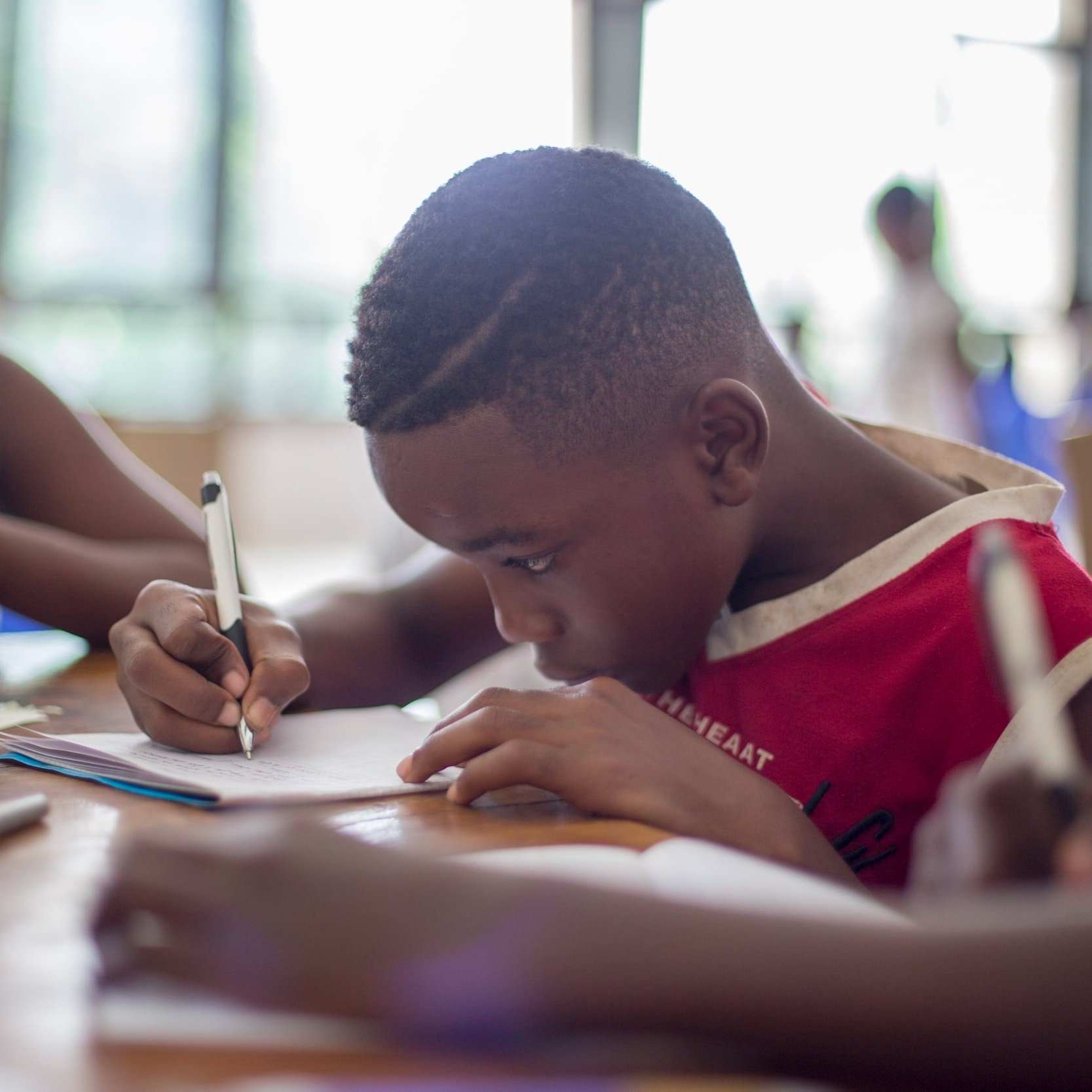Is My World Safe? A Conversation for and with Children
Written by: Jane Straub, CornerHouse Training Director
Made possible by: Northmarq
CornerHouse is a Children’s Advocacy Center (CAC) where specially trained forensic interviewers listen to children about potential events of experiencing or witnessing violence, abuse or traumatic events. CAC’s such as CornerHouse also provide support, resources, advocacy and mental health for the entire family.
We know that many children have been exposed to or witnessed violence in person or technology (on-line, TV or social media). We also know that children may overhear adults discussing gun violence, school shootings and other types of violence. This can cause fear and anxiety for children of all ages including adolescents. Youth who feel unsafe may start to show symptoms of stress. They may avoid going to school or other places that seem unsafe. Symptoms such as a change in eating habits, sleeping habits or academics, increased screen time and/or social withdrawal may be signs of stress and anxiety in children and adolescents. There may be many reasons why children exhibit symptoms of stress, however caring adults who notice and speak to youth about the symptoms can remain constant.
While we strive for a world in which no child experiences trauma or witnesses violence, we at CornerHouse would like to help all adults talk and LISTEN to youth about difficult topics such as school shootings and living in a world that may not feel safe. In addition to helpful tips, we have included links to national resources that will provide you with excellent and reliable information for continued conversations.
Here are 5 tips for adults in response to a child’s concern of safety or fear due to violence:
Tip #1 - Let them know that they can ask any questions and you will do your best to answer.
Let your child start by telling you what they know about the event; “tell me everything that you already know about what happened” (use the words that the child uses such as the shooting at the school, the time a person brought a gun to school, when the person shot the kids at the school). It is possible that your child has heard information that is incorrect or inaccurate. We cannot change the actual events but we can correct misinformation that may be particularly stressful for your child. Always thank your child for sharing information, feelings and questions. This will let them know their thoughts and feelings are important and you do want to hear them.
Tip #2 - Do not have the conversation at bedtime. The brain needs time to process information and sleep is essential to mental and physical health and development.
Having difficult conversations where there is an opportunity to break eye contact may be helpful. Sometimes youth find eye-to-eye contact uncomfortable or stressful and a barrier to being vulnerable. Some families find talking during mealtimes creates an opportunity to share the focus on food and conversation. Some families find going for a family walk or a drive can yield some great conversations. Using a family notebook where your child can write questions and you can write answers may be useful to start difficult conversations.
Tip #3 - Find the helpers.
In every traumatic event, there are reports of people who help others. Help your child identify the safe adults in their life that are helpers, adults that they can go to if they or someone they know needs help. Help your child to identify the helpers at their school, not just in case of a school shooting, but who everyday is a helper and keeps students safe.
Help your child to identify helpers in their neighborhood and community. Our brain is wired to notice and identify “threats” as a safety survival mechanism in times of actual threat. When we are in a “safe” place, we can help our brain to focus on safe and positive people and places. This is actually a way to help the brain regulate and decrease stress.
Tip #4 - Routines reduce stress and increase safety.
Take a few days or a week to limit distractions or events that disrupt the typical daily or weekly schedule. Have dinner together. Have a consistent bedtime schedule and routine. Limit screentime and media exposure. It may mean cancelling, rescheduling or “skipping” and event or two. This will show your child that there is a sense of control and agency in our lives. It may provide additional time for your child to share their feelings or concerns, however we do not children to feel forced to talk.
Tip #5 - Seek professional help for your child or yourself.
If symptoms of stress and anxiety continue for an extended period or your child is voicing or exhibiting signs of suicide, self-harm, depression, drug or alcohol misuse or signs of physical ill-health, there are many professionals who can help. You may want to start with your pediatrician or doctor. Your child’s school may have a counselor or social worker who can support your child. Both can share resources for mental health professionals as well.
Thank you for taking the time to read this article. This is not a comprehensive guide, but we hope that one or more of the tips will be helpful in supporting your children.
Below are links to additional resources on supporting children in the aftermath of school shootings.
https://childmind.org/article/anxiety-school-shooting/
https://www.commonsensemedia.org/articles/how-to-talk-to-kids-about-school-shootings



